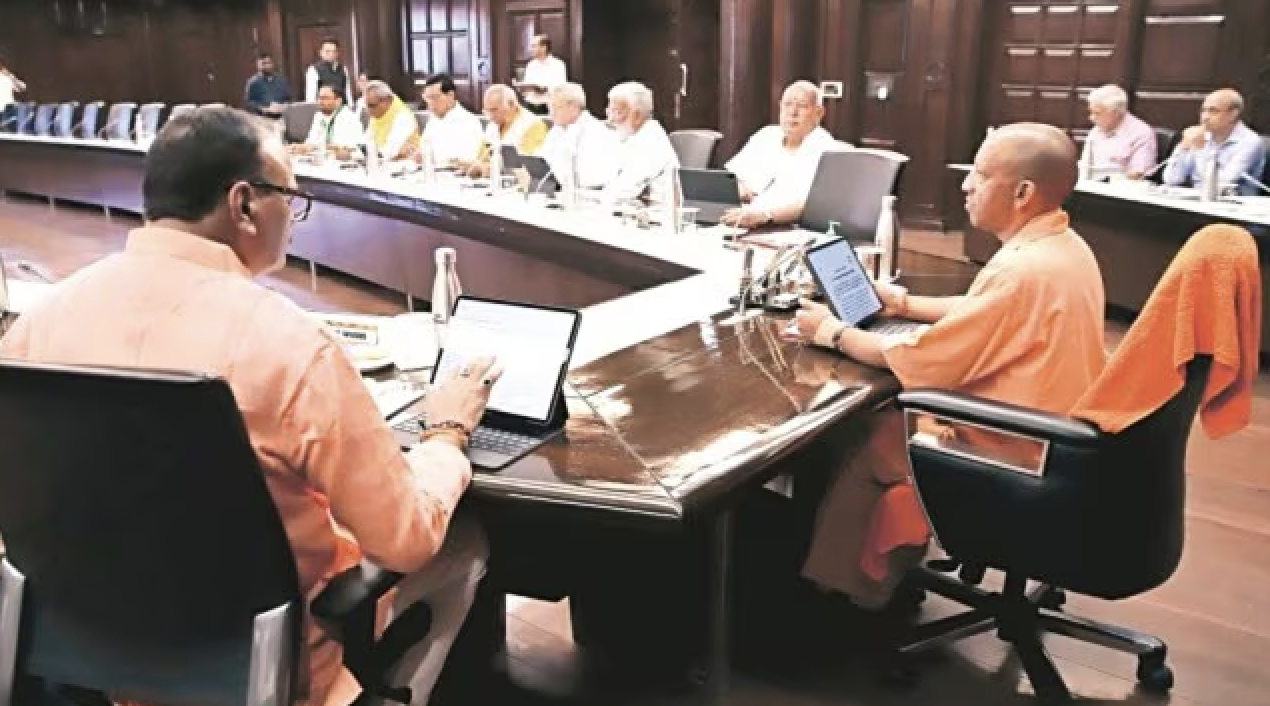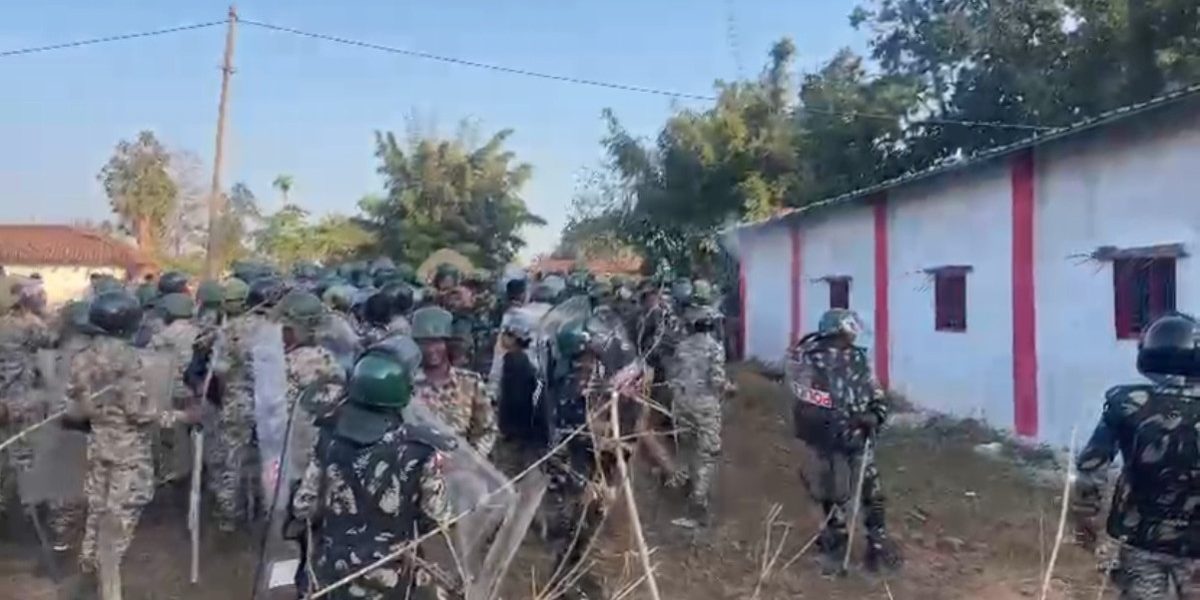
There will be no lasting peace between or within nations without peace among and within religious communities. Religious conversion has been a fractious issue in Independent India. Religion has arguably also made some aspects of the Universal Civil Code (UCC) and the Abrogation of Article 370 more contentious.
The UCC’s goal has been partly achieved with the enactment of a such a code in Uttarakhand and the Presidential assent to it, even though some of its provisions are inconsistent with central laws applicable to Hindus. Religious conversion, thus, is the only issue that needs to be settled, especially since the right wing in the country has consistently talked of the “threat” of Hindus converting to Christianity and Islam.
Conversion is a social problem. Can a law solve it? Why are no statistics presented to shine a light on the number of prosecutions under anti-conversion laws? How many of these cases have resulted in convictions? The first anti-conversion laws were passed as early as 1968 in Madhya Pradesh and Odisha by the Samyukta Vidhayak Dal and Swatantra Party governments. However, their efficacy in curbing conversion remains a matter of debate. In any case, why should the state’s permission be required to change religion – a purely private matter?
Conversations on conversion rarely take the form of an informed debate, substantiated by data. Even a liberal like Atal Bihari Vajpayee had called for a national debate on conversions, but no such debate was ever held. In recent years, some BJP-ruled states have either passed or changed laws that deal with religious conversion. Changes to existing laws are often justified on the grounds that they weren’t adequate deterrents. For instance, while introducing UP’s Prohibition of Unlawful Conversion (Amendment) Bill, 2024, the state’s Parliamentary Affairs Minister, Suresh Khanna said, “Kanoon ko aur kattar banaya gaya hai” (the law has been made more stringent).
Passed on July 30, the piece of legislation is of a piece with the trite narrative of Hindus losing their numerical majority. The Bill has increased the punishment from 10 years imprisonment to life imprisonment for fraudulent or forced conversion. It’s a different story that even the death penalty hasn’t deterred crime in the country.
This story was originally published in indianexpress.com. Read the full story here.





